Book Review: Oxford Companion to Wine – “The Greatest Wine Book ever Published” Washington Post
by Ken Gargett
There is one wine book that every winelover, from the most recent beginner to seasoned professional, simply must have. ‘The Oxford Companion to Wine’, edited by Jancis Robinson MW. Actually, this latest edition, the fifth, is edited by Ms Robinson and also Julia Harding MW with Tara Q Thomas, but everyone I know simply calls it Jancis’s book. This is a bit tough on Ms Harding as for this edition, she was the lead editor, having previously been heavily involved with the third and fourth editions.
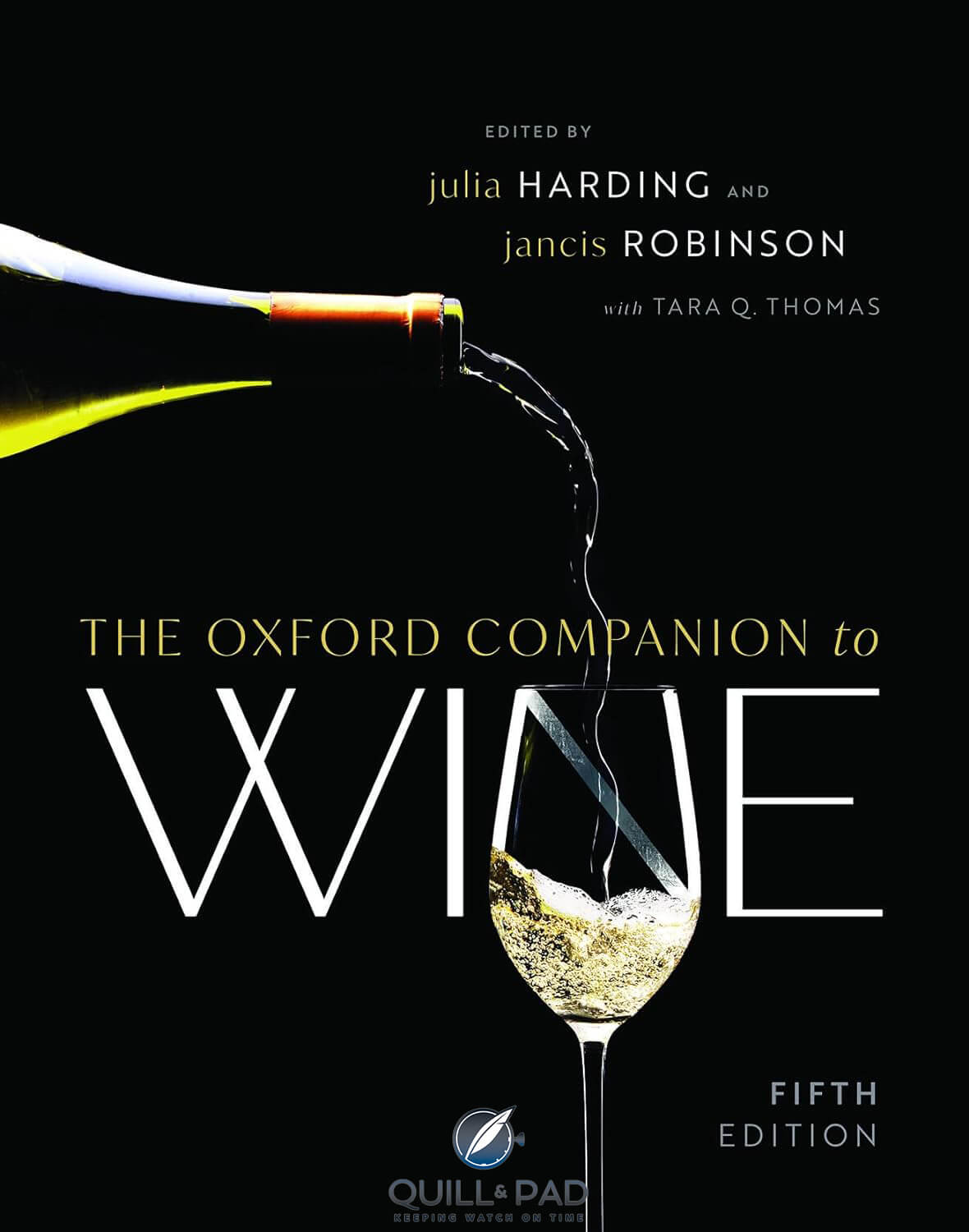
Oxford Companion to Wine
Work started on this new edition the very day the fourth edition was sent to the publishers in 2014 (and eventually published in 2015). One assumes that they are already at work on the sixth edition.
Jancis Robinson MW is probably the most famous wine writer on the planet (Robert Parker’s retirement ruling him out). She is certainly the only one who is known to winelovers around the globe, simply by her first name – much like Cher or Madonna or Beyonce. I have met Ms Robinson a couple of times (she would be more than forgiven for not remembering).
On one occasion, we were in a helicopter over the mountains of the South Island of New Zealand with some other writers. I remember thinking that if this chopper goes down, all the newspapers will say is ‘Jancis Robinson and others killed’, which was a bit depressing.
The first edition came out almost thirty years ago (seems much less than that, of course) and it blew us all away. However, Ms Robinson had started work on that first edition back in 1988 (she has noted that the contract for the first edition was, rather curiously, dated 31st November, 1988).
There was nothing like it. Still isn’t.
————————————————————————————————————–
—————————————————————————————————–
I remember a Master of Wine at the time trying to convince me that I should do the examinations for the qualification (this is a seriously difficult and time-consuming pursuit – it has been available for around seventy years and there are only 431 MWs in total). All I had to do, he insisted, was read Jancis’s book a couple of times. Might have worked for the theory but I’m not sure how that would have got me over the line with the tasting.
Anyway, this was not that long after I had finished my legal studies and more exams held about as much attraction as a glass of warm Savvy.
Some details. The new Oxford Companion has more than 4,100 entries and runs for around 900 pages. At three columns per page, this tallies more than a million words. An astonishing achievement, coming in at 3.2 kilograms. It is 25% larger than its predecessor. As well as updating all the entries already in existence, over 300 new topics have been added.
The updating was thorough. Obviously, some things do not change but the team estimates around 65% of the entries in the fourth edition required amendments and updating. It is fascinating (well, at least it is to me), that Ms Harding has commented that there have been far more advances and changes in the world of viticulture than we have seen in winemaking. Given climate change, this was probably inevitable.
Among the new entries – blockchain, the carbon footprint of wine, Jim Clendenen, underwater ageing, Easter Island, celebrity wines, Finland, stabulation, Frankland River, Uganda, glou-glou, paper bottles, growlers, zero-zero and zymurgy, among so many more.
If you are wondering, zero-zero refers to wines with nothing added and nothing subtracted. Zymurgy is the study or practice of fermentation and brings with it, the delightful comment that it is a word, “more useful in Scrabble than in everyday life”. For the others, you’ll need a copy of the book.
The information regarding the final definition of Italian single vineyards (looking at UGA and MGA) will be welcomed by many.
—————————————————————————————————–
—————————————————————————————————–
As the blurb says, the entries touch on “everything you want to know about wine, including history, geography, science, soil, winemaking, viticulture, packaging, technology, tasting, and the language of wine”. You can either start from page one and work through it or just use it as a reference work, dipping in here and there to access whatever is relevant on the day.
One of the great advantages of the book is how well everything is cross-referenced. I suspect that if time permitted, one could start almost anywhere and be taken from one related topic to the next, until one had almost covered the entire volume.
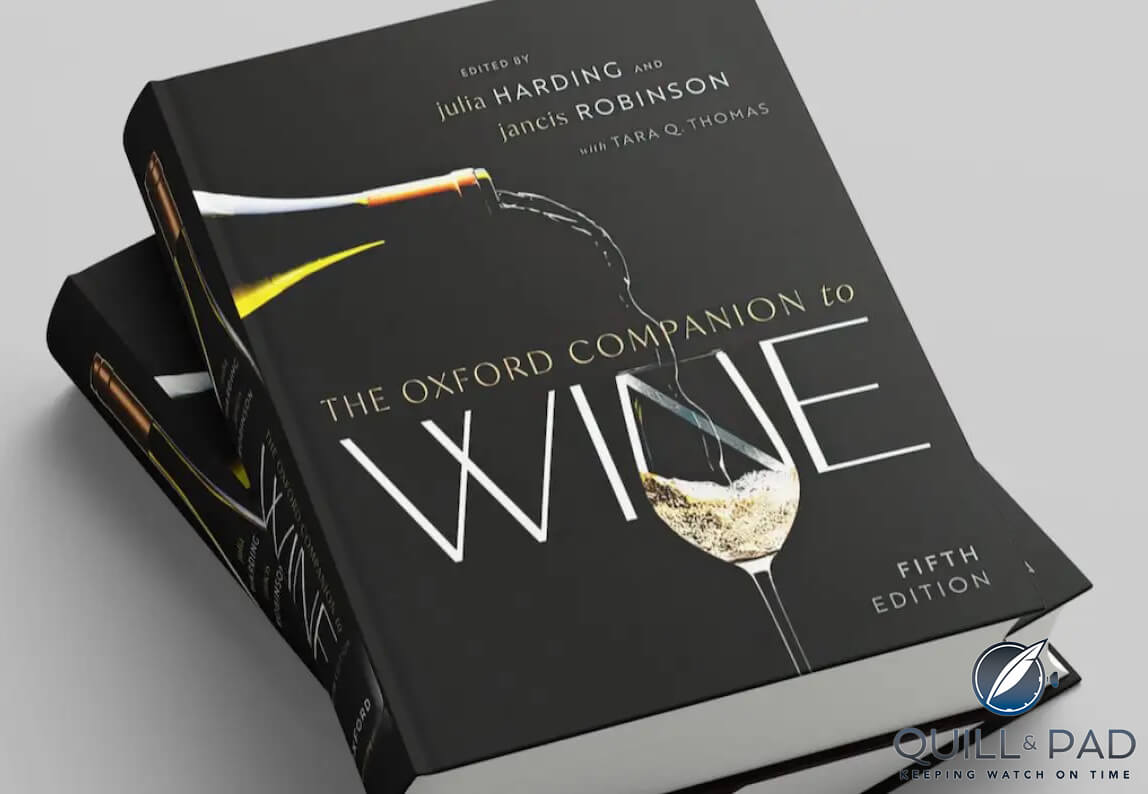
Oxford Companion to Wine
Of course, our three editors could not possibly be expected to have done everything themselves. They have been assisted by the contributions of 267 specialists, more than 60 to 100 of whom are new to the project (both numbers are quoted). Obviously, too many to list but they are as an esteemed collection of wine experts as has ever been assembled. Endless MWs, Master Sommeliers, winemakers, wine scientists, viticulturalists and writers. If these guys don’t have the answer, then the question must be wrong.
There are useful appendices that cover appellations around the world and their permitted grape varieties, the total vineyard area of various countries between 2010 and 2020, wine production by country and consumption by country. There are also excellent maps. Ms Harding does acknowledge that with the team’s wonderful ‘Wine Grapes’, another must-have book, they do not cover varieties quite to the same extent, but serious winelovers will have both volumes. Even if you don’t, the Oxford will cover all but the most extreme enquiries.
I poked around the customer reviews on Amazon for this edition. At the time, 38 reviews from around the world, every single one of them the full five stars, with the exception of two four star reviews. One of those seemed to dock a star because they felt it should be referred to as a wine dictionary, rather than companion. Really? Does it matter? The other wanted more assistance with pronunciations. If that is all the world today can find to complain about, it gives you an idea of how special this book is.
The sooner you have a copy, the sooner you can claim to have a serious wine library. Pricing will vary but assume around the $60 mark for the hardcover.
For more information, please visit www.oxfordcompaniontowine.com/
You might also enjoy:
Book Review: Modern Caribbean Rum by Matt Pietrek and Carrie Smith
Book Review: ‘Stalin’s Wine Cellar’ By John Baker
Book Review: ‘Inside Burgundy’ Second Edition By Jasper Morris
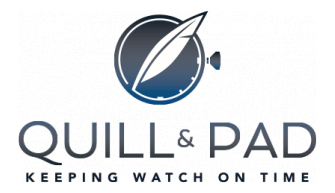
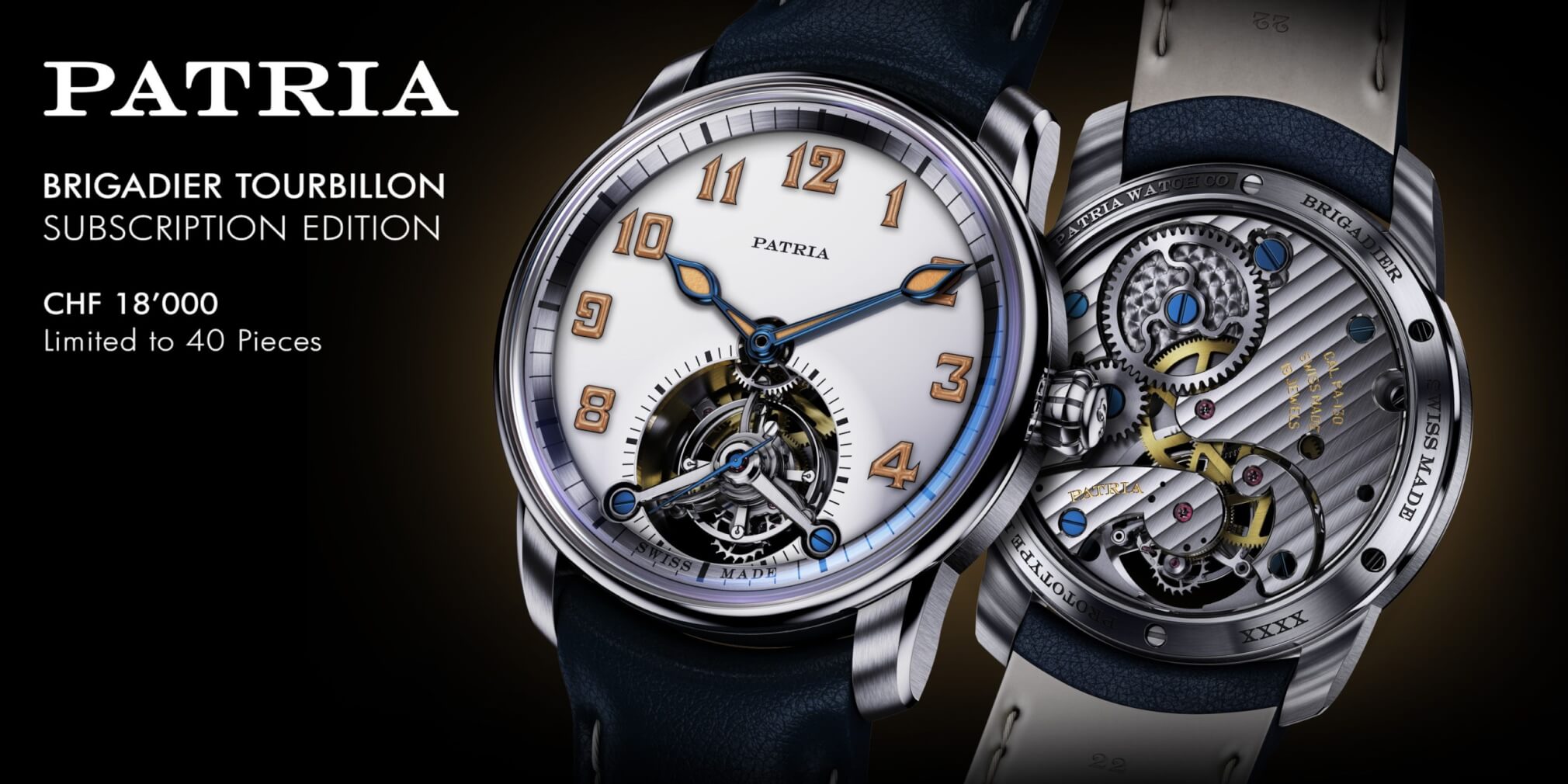
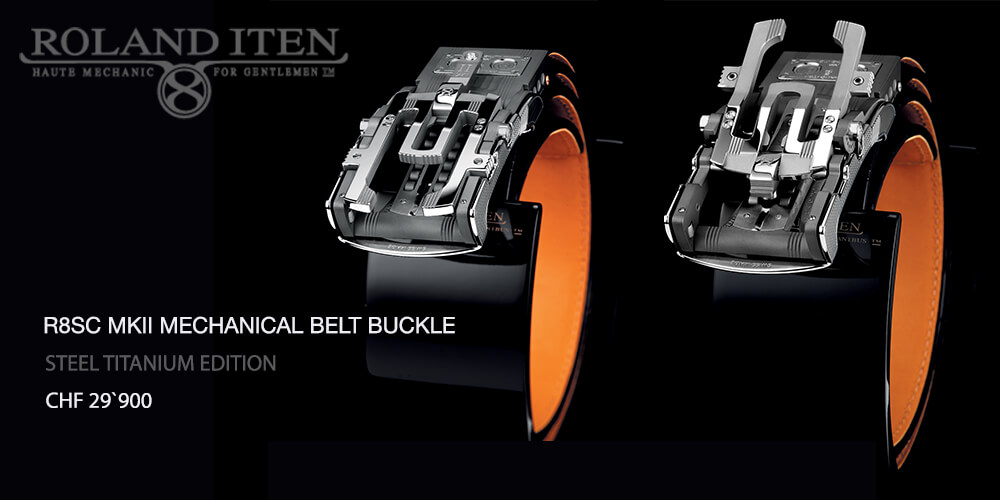
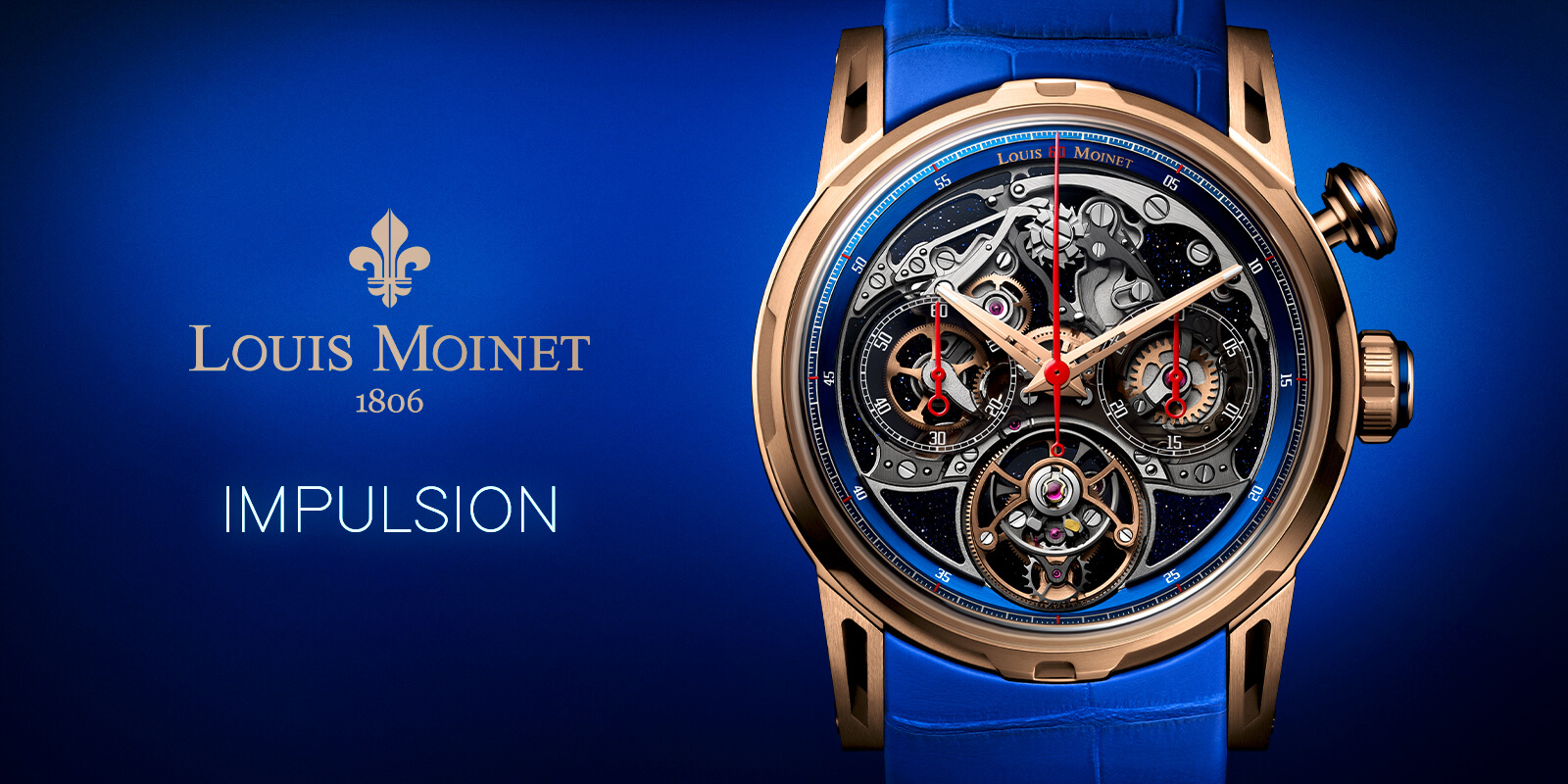
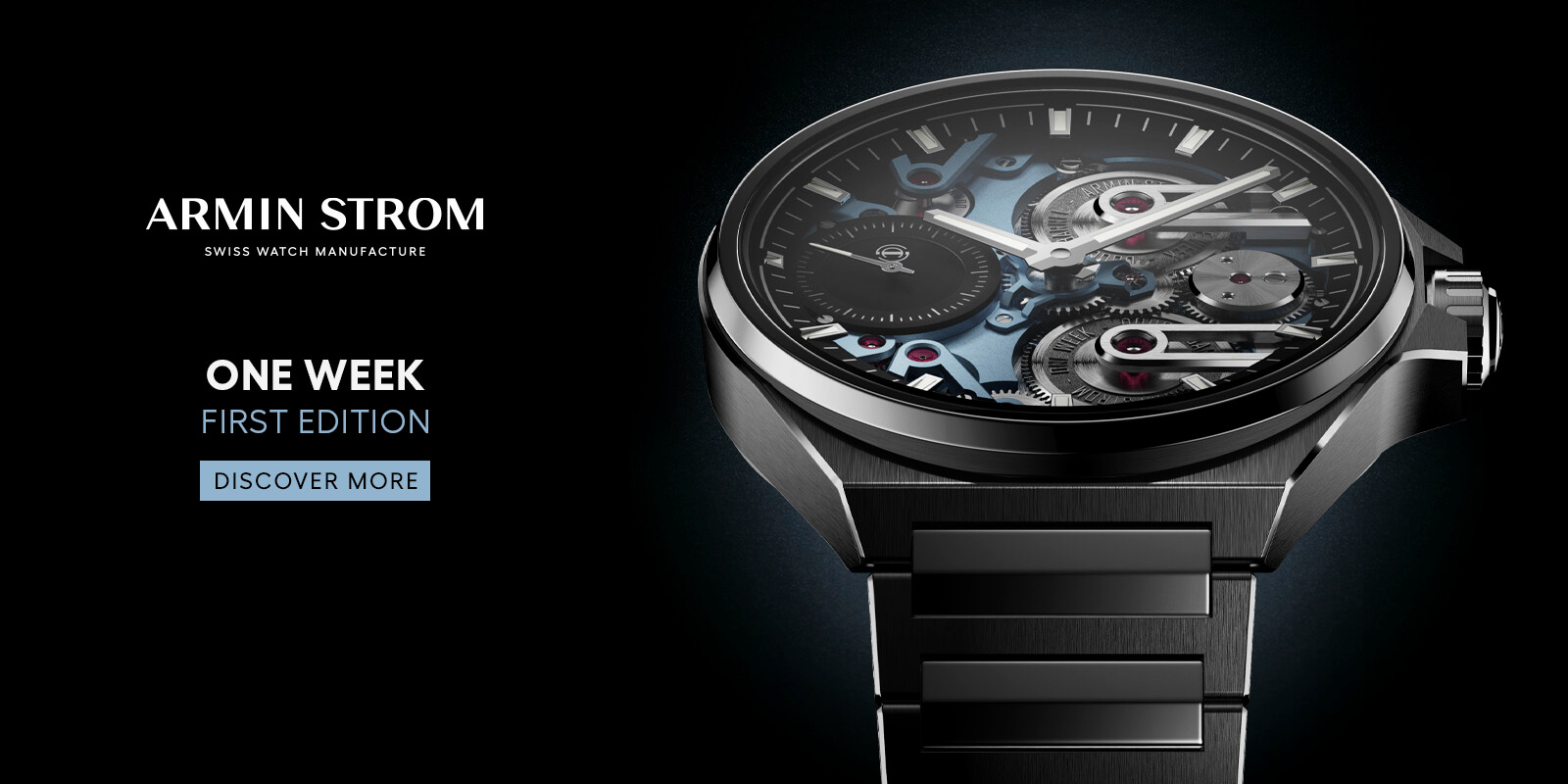



Leave a Reply
Want to join the discussion?Feel free to contribute!